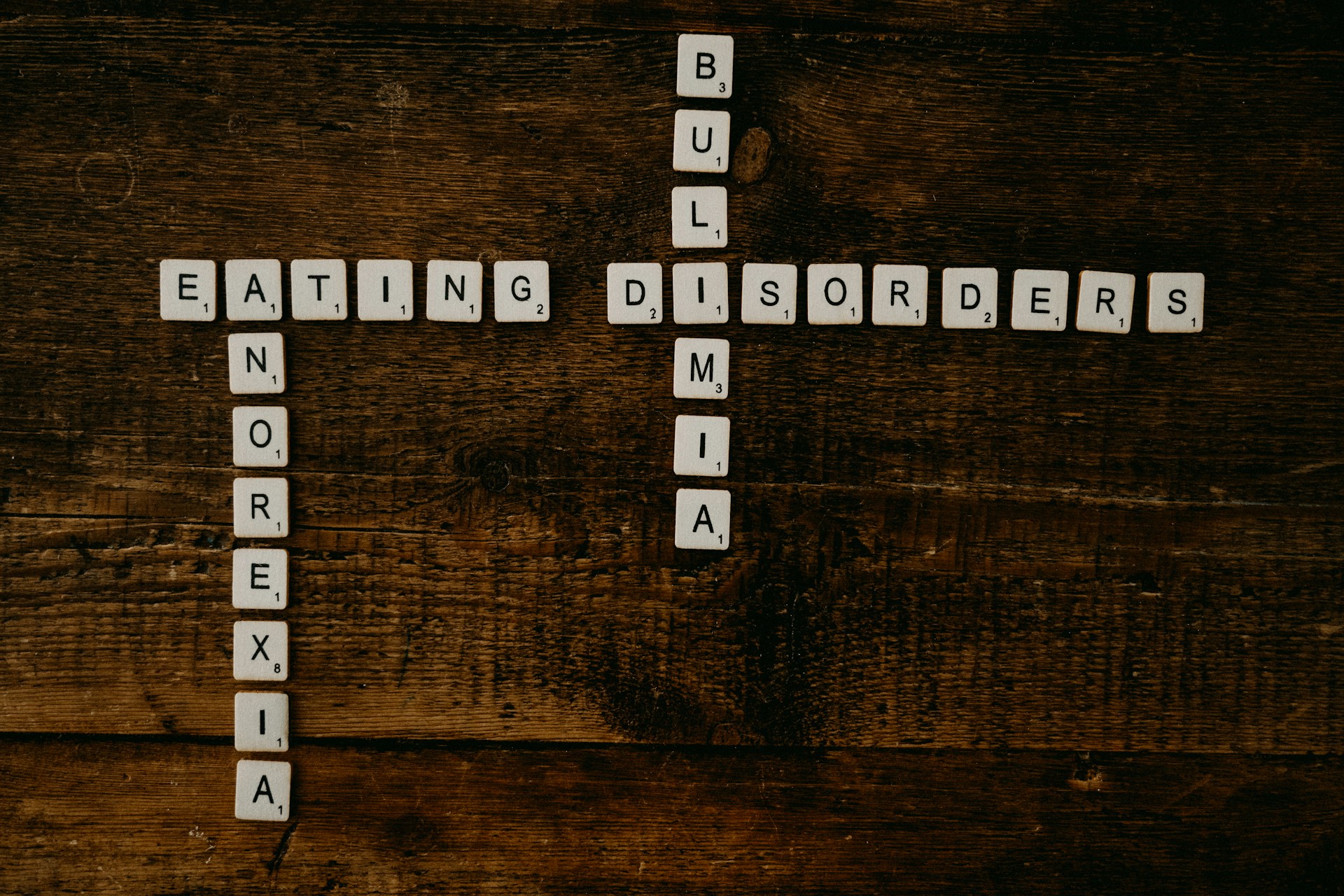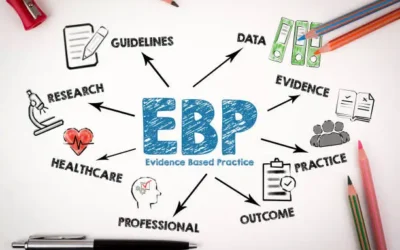In this blog post, we will explore the first signs of bulimia nervosa, focusing on both the physical and behavioral symptoms that may indicate someone is struggling with the disorder. Recognizing these signs early on can help both individuals and their loved ones take proactive steps toward seeking professional help.
1. Frequent Episodes of Binge Eating
One of the hallmark features of bulimia nervosa is binge eating. This refers to consuming an excessive amount of food in a short period of time, accompanied by a feeling of losing control over eating. While binge eating is often associated with a lack of control, it’s important to note that the person may try to conceal it, making it difficult for others to detect.
Signs of binge eating include:
– Eating large quantities of food in one sitting, even when not physically hungry
– A feeling of being unable to stop eating, despite being full
– Eating alone or in secret to avoid judgment
2. Compensatory Behaviours: Purging
After a binge episode, individuals with bulimia typically engage in compensatory behaviors to “undo” the effects of overeating. This can include purging behaviors such as self-induced vomiting, excessive exercise, or misuse of laxatives or diuretics. These behaviors are often done in secret and may not be immediately apparent to others.
Signs of purging include:
– Frequent trips to the bathroom after meals
– Evidence of vomiting (sore throat, swollen glands, dental erosion, or bad breath)
– Unexplained weight fluctuations
– Use of laxatives, diuretics, or other weight control pills
3. Preoccupation with Weight and Body Image
Individuals with bulimia often have a distorted body image and an overwhelming concern with weight and appearance. This preoccupation may become apparent through constant dieting, excessive exercising, or obsessive thoughts about food and calories.
Signs of body image issues include:
– Obsessive checking of weight, measurements, or appearance in the mirror
– Expressing extreme dissatisfaction with one’s body despite being at a healthy or normal weight
– Avoidance of social situations where food is involved, or where body image may be discussed
4. Mood Swings and Emotional Distress
Bulimia nervosa is deeply intertwined with emotional struggles. Feelings of shame, guilt, or distress often accompany binge eating episodes and purging behaviors. Over time, the emotional toll of bulimia can lead to anxiety, depression, and other mental health concerns.
Emotional signs of bulimia include:
– Mood swings or irritability
– Feelings of extreme guilt or shame after eating
– Low self-esteem or negative self-talk
– Withdrawal from social situations due to fear of judgment
5. Physical Health Problems
As bulimia progresses, physical symptoms can become more noticeable. These are often a result of malnutrition, dehydration, or the stress placed on the body by purging behaviors. Some early physical symptoms include:
Physical signs of bulimia include:
– Dry skin, hair loss, or brittle nails
– Severe dental erosion or cavities due to frequent vomiting
– Swollen cheeks or jaw (a sign of frequent vomiting)
– Constipation or other digestive issues (often from laxative abuse)
– Fatigue or dizziness
– Irregular menstrual cycles (or missed periods in women)
6. Social Withdrawal
As bulimia takes hold, individuals may begin to isolate themselves from others, particularly in situations where eating or body image might be discussed. They may also avoid social events or meals with others to conceal their eating habits.
Signs of social withdrawal include:
– Avoidance of group meals or social gatherings
– Spending excessive time alone, especially after meals
– Reluctance to engage in social activities where food may be present
7. Extreme Dieting or Restrictive Eating Habits
Along with binge eating, many individuals with bulimia may engage in periods of extreme dieting or restrictive eating in an attempt to control their weight. This can include skipping meals, following strict, unhealthy diets, or avoiding certain food groups altogether.
Signs of extreme dieting include:
– Skipping meals or restricting food intake, followed by periods of overeating
– Adopting fad diets or eliminating entire food groups without medical advice
– Displaying an unhealthy obsession with calorie counting or food tracking
What to Do If You Recognise the Signs
If you or someone you know is displaying signs of bulimia, it’s important to seek help as soon as possible. Bulimia is a complex disorder that requires professional treatment from a team of specialists, including therapists, dietitians, and medical doctors. Early intervention can help reduce the risk of long-term health complications and improve the chances of recovery.
How to Seek Help
– Consult a doctor or mental health professional
: A healthcare provider can help assess symptoms and recommend appropriate treatment options, such as therapy or nutritional counseling.
– Join a support group
: Connecting with others who are going through similar struggles can provide a sense of community and understanding.
– Reach out to family and friends
: Talking to trusted loved ones can provide emotional support and encouragement in seeking help.
Conclusion
The first signs of bulimia nervosa may not always be easy to spot, as the disorder often involves secrecy and denial. However, recognizing the early warning signs, such as frequent binge eating, purging behaviors, a preoccupation with body image, and emotional distress, can help individuals get the help they need before the disorder escalates.
If you are concerned about yourself or a loved one, don’t hesitate to reach out for support. Bulimia is a treatable condition, and with the right help, recovery is possible.




0 Comments